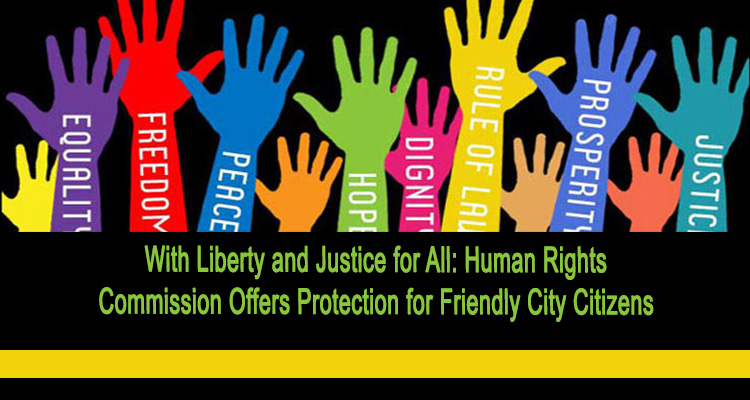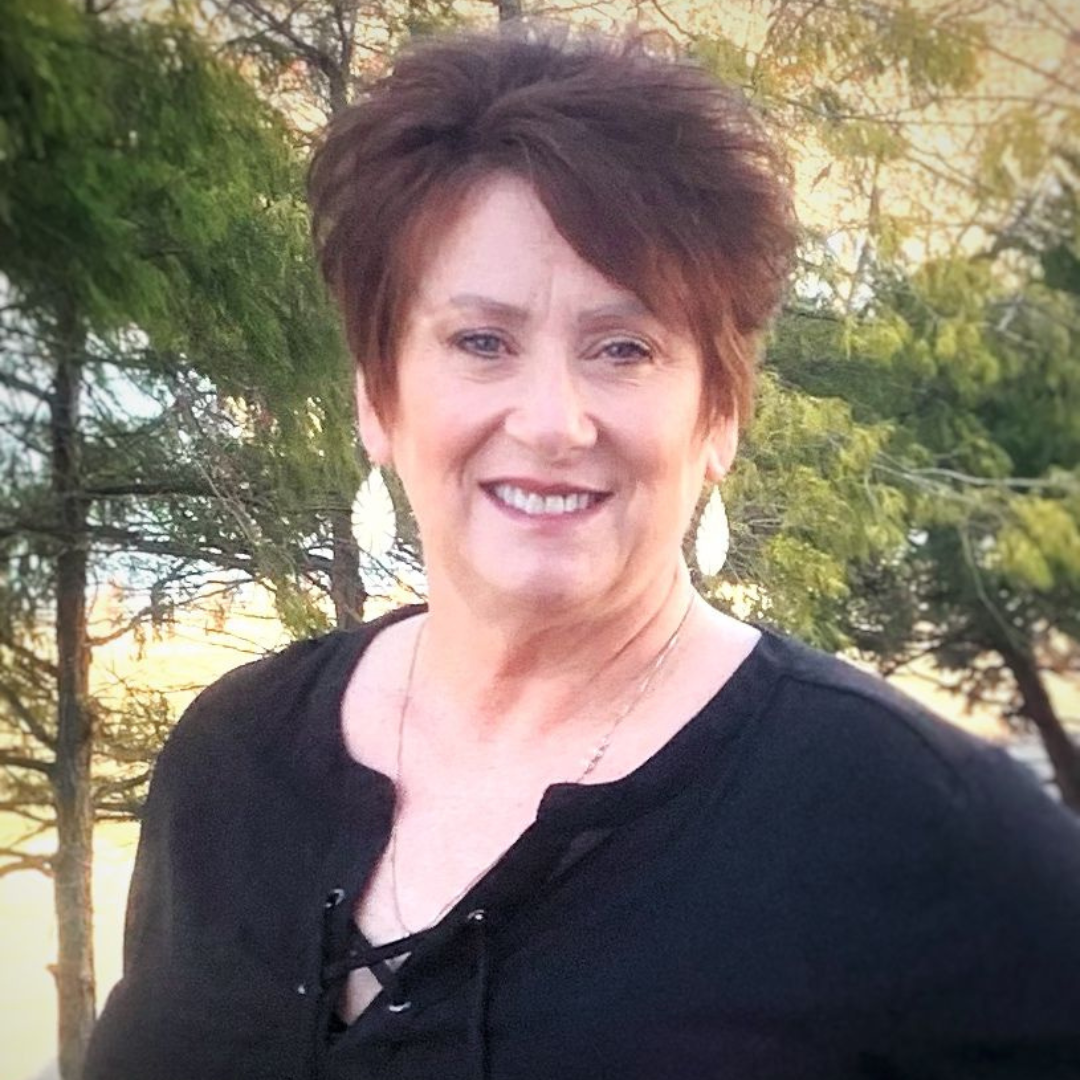Recent social media posts would suggest that some local residents are unaware of the existence of the City of Wheeling’s Human Rights Commission. The HRC consists of nine members, all of whom are Wheeling residents and broadly represent the various racial, ethnic and religious groups that comprise our fine city.
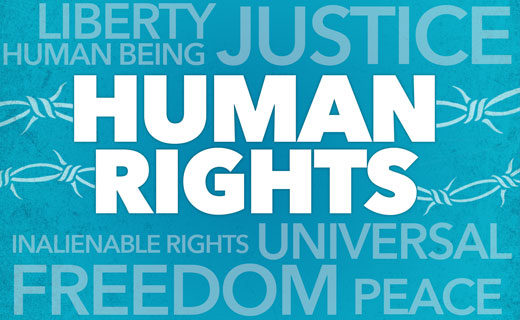 The goals of the HRC, in a nutshell, are to cooperate with governmental agencies and other entities to promote understanding and equality among all groups of residents, and to field and investigate complaints of discrimination relating to employment, housing and places of public accommodation, According to the group’s web page.
The goals of the HRC, in a nutshell, are to cooperate with governmental agencies and other entities to promote understanding and equality among all groups of residents, and to field and investigate complaints of discrimination relating to employment, housing and places of public accommodation, According to the group’s web page.
Melissa Thompson, City of Wheeling community development specialist, handles many of the day-to-day administrative tasks of the HRC. Melissa tells Weelunk that the HRC was originally established by an ordinance of City Council in 1962. At one time, the group was led by a paid director, but budget cuts in 2013 spelled the end of that position. HRC members serve on a volunteer basis, working with a minimal budget and assisted by paid city staff.
On Tuesday, Feb. 5, the newest of these members was named at a meeting of Wheeling City Council. Rosemary Ketchum, community advocate and associate director of NAMI, was appointed to the position by Mayor Glenn Elliott with the consent of Council. Ketchum will fill the vacancy created when HRC member Frank Calabrese was voted in as HRC chairperson upon the recent resignation of former chairperson Steve Novotney. Other members of the Commission are Diana Bell, Joseph Blalock, the Rev. Ralph Dunkin, Rita Gupta, Karen Kangisser, Loma Nevels and Anthony Sunseri.
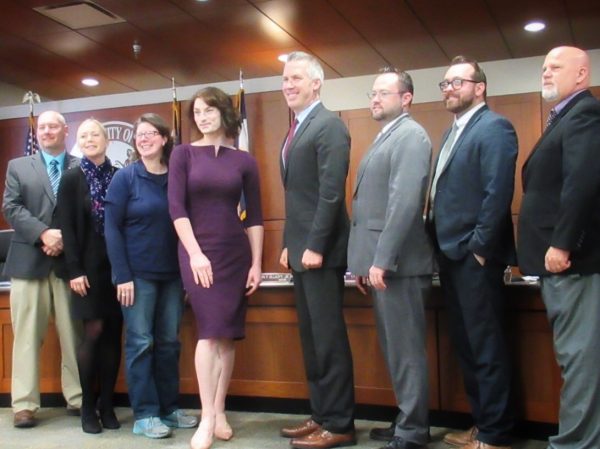
Besides her work with the NAMI center for persons with mental illness, Ketchum is a student of psychology at Wheeling Jesuit University. She also serves on several local boards, most notably as the president of the Northern Panhandle Chapter of the ACLU of West Virginia. Ketchum also sits on the board of the YWCA Wheeling and is an active member of Ohio Valley Pride.
THE IMPORTANCE OF INCLUSION
In 2016, the HRC worked with Wheeling City Council to beef up the city’s human rights ordinance to protect the housing and employment rights of LGBTQ+ citizens and veterans. Council voted unanimously to accept the updated wording for the ordinance. In doing so, Wheeling took a leap forward in becoming an inclusive community, which is defined in the ordinance as one that “helps people thrive by supporting hospitality; welcoming diversity; promoting civility; promoting safe, affordable dwellings; enabling participation in community services and local government; supporting fairness in access to opportunities and services; reducing violence; supporting social justice; encouraging awareness and understanding of opportunities/limitations; making residents aware of the West Virginia Human Rights Commission and the City of Wheeling’s Human Rights Commission; and working for a more sustainable community for present and future citizens.”
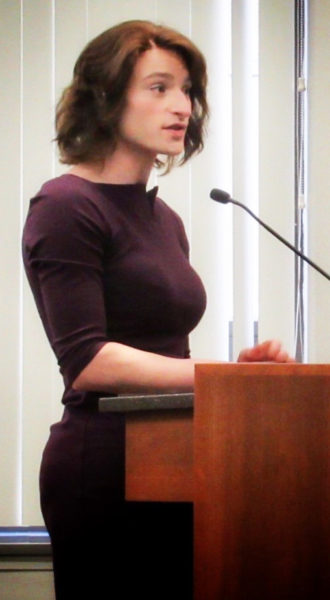
As one of the most familiar and respected faces of the Wheeling LGBTQ+ community, Ketchum believes strongly in diversity and inclusion, in both our population and our government.
“I believe that creating opportunity for diversity throughout city government is a goal of our city leaders. Realizing that there was no LGBT representation on the Human Rights Commission, Mayor Elliott offered me a position to serve,” Ketchum said. “And we are at an inflection point in our country where having difficult conversations about human rights is no longer just an option but an obligation.”
THE FRIENDLY AND INCLUSIVE CITY
In the HRC Declaration of Policy section of Article 169 of the City’s Codified Ordinances, the group states, “In order to build an inclusive community, the City will dedicate deliberate and provide continuous attention to the human relations and human rights of its residents and visitors … Equal opportunity in the areas of employment, public accommodations, housing accommodations or real property is hereby declared to be a human right or civil right of all persons without regard to race, religion, color, national origin, ancestry, sex, age, blindness, disability, familial status, sexual orientation or gender identity.” According to the policy, the denial of these rights to properly qualified persons for any of the reasons above is “contrary to the principles of freedom and quality of opportunity and is destructive to a free and democratic society.”
Wheeling’s efforts to be supportive and inclusive, which can at times appear to lag behind those of more metropolitan areas, do seem to be progressing steadily in the right direction. “Wheeling is quickly becoming a space for artists, community leaders and small businesses to thrive. With such potential, a city like ours deserves a proactive Commission on Human Rights not only to protect and defend the human rights granted to every citizen by law, but to serve as an invaluable source of information and insight on the human experience,” Ketchum said. “Inclusivity is foremost in the work of human rights. To effectively protect and defend the rights of our most vulnerable neighbors we must always use inclusive leadership practices. Then we will witness the power and importance of supporting leaders who actually reflect the folks they represent.”
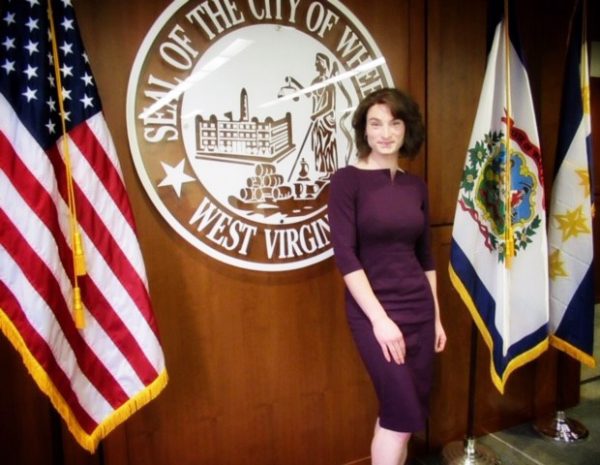
Serving Wheeling and its residents is the ultimate goal of both the HRC and its newest member. “In order to serve our communities wholeheartedly, each of us must make a lasting commitment to uphold the worth and dignity of every person — every day. I am honored to continue and expand my work on civil rights in my capacity as the newest member of the Wheeling Human Rights Commission,” Ketchum said.
If you have a concern you would like to discuss with the HRC, send an email or call 304-234-3609.
• A lifelong Wheeling resident, Ellen Brafford McCroskey is a proud graduate of Wheeling Park High School and the former Wheeling Jesuit College. By day, she works for an international law firm; by night, (and often on her lunch breaks and weekends) she enjoys moonlighting as a part-time writer. Please note that the views expressed in her writing are solely her own and do not necessarily reflect those of anyone else, including her full-time employer. Through her writing, Ellen aims to enlighten others on causes close to her heart, particularly addiction, recovery and equal rights. She and her husband Doug reside in Warwood with their clowder of rescued cats, each of whom is a direct consequence of his job as the Ohio County Dog Warden. Their family includes four adult children, their spouses and several grandkids.


